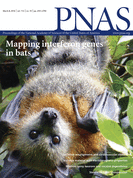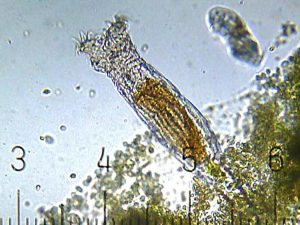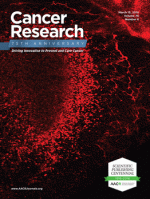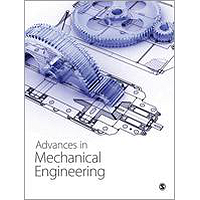 When you think a retraction notice doesn’t tell the whole story, what should you do?
When you think a retraction notice doesn’t tell the whole story, what should you do?
For one group of researchers who’ve been closely following how journals handle the work associated with a bone researcher found guilty of misconduct, the actions of one publication were too problematic to let go.
So the researchers wrote to the journal about their concerns, stating a recent retraction notice for a meta-analysis “oversimplifies a complex situation and might be misinterpreted by readers.” And the journal recently published their concerns in a letter to the editor.
The retracted paper is co-authored by researchers who used to collaborate with Yoshihiro Sato, a now-deceased bone researcher who has accrued dozens of retractions. The retraction, issued earlier this year by Acta Neurologica Scandinavica, notes that the meta-analysis cited research by Sato that was “extensively duplicated,” and includes a statement from the first author of the retracted paper, Jun Iwamoto, stating that he was an “honorary author of Sato’s papers,” and played no role in Sato’s scientific misconduct.
That’s not good enough, according to Andrew Grey of the University of Auckland, who co-authored the recent letter in Acta Neurologica Scandinavica. Grey tells Retraction Watch the letter was prompted by:
 A professor specializing in the health of children and pregnant women has left her post at the University of Glasgow, and issued three retractions in recent months.
A professor specializing in the health of children and pregnant women has left her post at the University of Glasgow, and issued three retractions in recent months. Sometimes, corrections are so extensive, they can only be called one thing: Mega-corrections.
Sometimes, corrections are so extensive, they can only be called one thing: Mega-corrections. Less than a year after the entire editorial board of a public health journal resigned in protest of moves by publisher Taylor & Francis, the publisher has decided to call it quits for the journal, Retraction Watch has learned.
Less than a year after the entire editorial board of a public health journal resigned in protest of moves by publisher Taylor & Francis, the publisher has decided to call it quits for the journal, Retraction Watch has learned. When
When 

 How long should a retraction take?
How long should a retraction take? Many publishers have been duped by fake peer reviews, which have brought down more than 600 papers to date. But some continue to get fooled.
Many publishers have been duped by fake peer reviews, which have brought down more than 600 papers to date. But some continue to get fooled. In April 2015, two high-profile chemistry bloggers — and their commenters — raised questions about a paper that had been published in PLOS ONE some 18 months earlier. More than three years later, the journal has now retracted the paper, with a notice that echoes the 2015 blog posts.
In April 2015, two high-profile chemistry bloggers — and their commenters — raised questions about a paper that had been published in PLOS ONE some 18 months earlier. More than three years later, the journal has now retracted the paper, with a notice that echoes the 2015 blog posts.